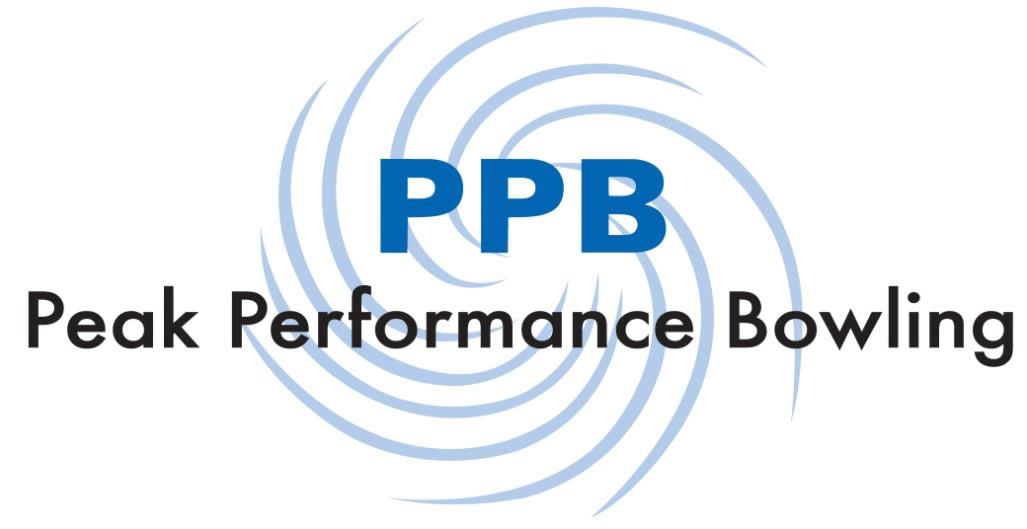Over-Thinking
Is the Problem Mental or Physical?
Over-thinking is a problem for bowlers of all levels and it is a problem that is very difficult to recognize in one’s self. Because over-thinking is hard to “self-diagnose,” even the self-aware player can find it difficult to tell whether his or her problems are “mental” or “physical,” especially since the decline of either leads to the same results–poor performance. Over-thinking can sabotage a bowler’s personality strengths by increasing tension, elevating emotions, reducing patience, interfering with commitment and focus, and lowering confidence. These mental changes automatically lead to reduced physical skills. When performance then drops, most players will habitually go directly to work on mechanics without considering that their real problem could simply be over-thinking.
Complicating matters for bowlers is the fact that physical and mental skills are very intricately balanced and intertwined–so much so that it is difficult to tell where one begins and the other ends.
For that reason, any time you are struggling with your game, it will benefit you to assess your mental skills during competition. You can save yourself considerable time and frustration if
you will take steps to ensure you are not over-thinking, ideally, before you work on mechanics.
Examples of Over-Thinking:
Abstract thinkers often must discipline themselves to “play bowling” instead of “playing bowling mechanical tips”–even the pros find this to be a perpetual task. The more an abstract (intelligent) thinker you are, the greater the challenge to manage your thoughts during a bowling competition (game, league night, tournament, etc.).
For one thing, the abstract thinker usually knows much more about the physical bowling game than most and can develop a bad habit of endlessly analyzing his or her play. This was my challenge while competing on tour. The abstract thinker will also fall into other bad habits of over-thinking, such as:
- Over-analyzing the lane conditions.
- Giving yourself far too many options for choosing the correct bowling ball.
- Constantly assessing your play relative to present and past scores, or to the play of other bowlers.
Keep in mind that for bowling, unlike a lot of sports, you have to wait between frames, which gives you plenty of time to think between shots. This typically provides an even greater opportunity for the over-thinker to over-analyze what he or she is doing rather than just doing it, especially when under pressure.
Consider hitting a shot in tennis, for example, where you often have little more than a second to react to the returning ball. You obviously do not have the idle minutes between every tennis shot to be as involved with thinking about how to hit the next shot, or how your various misses can cause you trouble, or how the results will affect your score and position in the tournament, as you likely do when you bowl.
It should be the objective of every over-thinker to manage their thoughts so that natural and trained athletic abilities are used freely to make shots without mental interference.
Stop over thinking to Win the Day!


